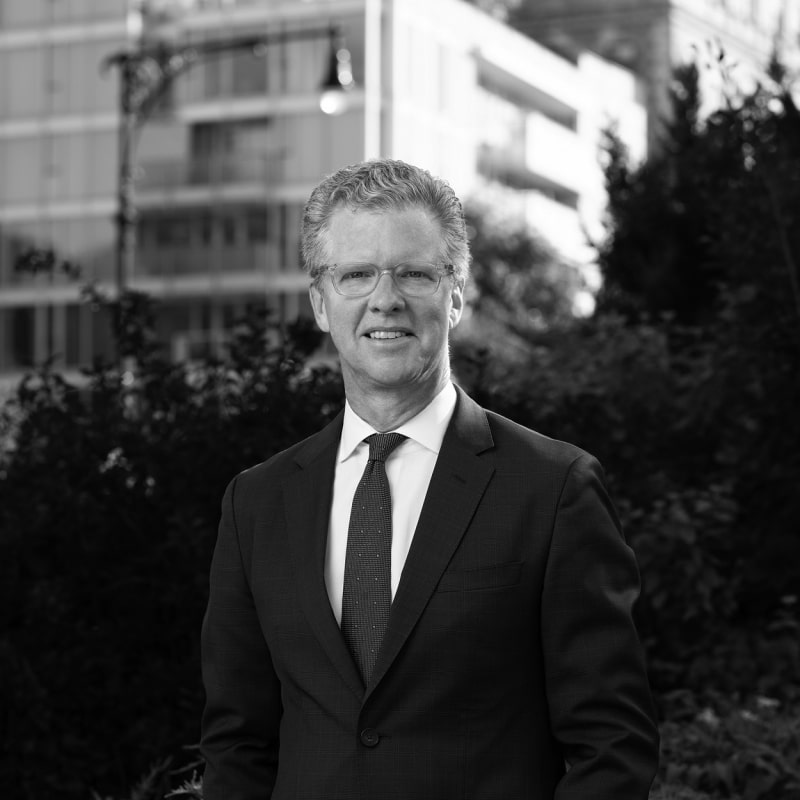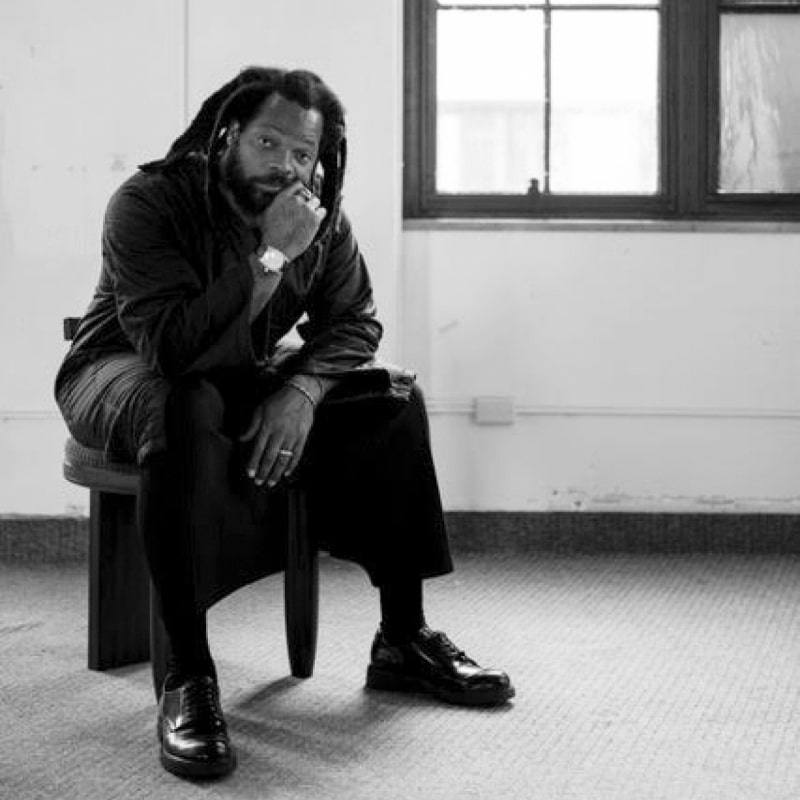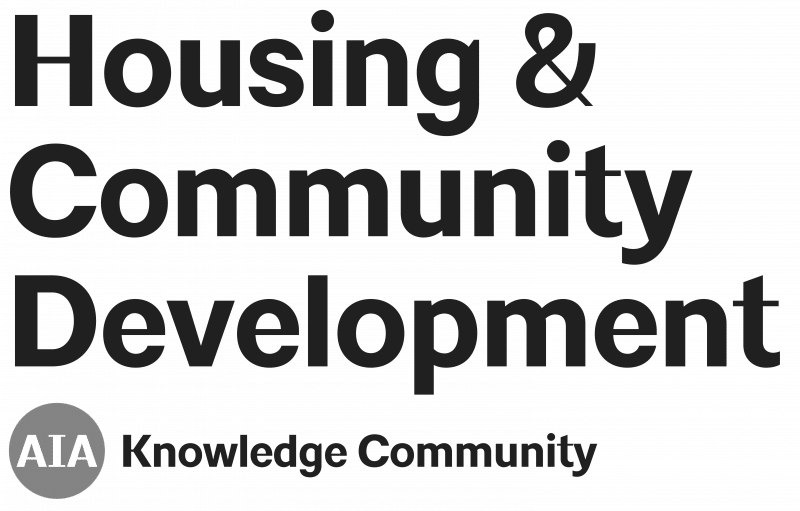Jan. 9 – 11, 2025 | Austin, TX
2025 ACSA/AIA Intersections Research Conference:
NEW HOUSING PARADIGMS
Fall Conference
NEW HOUSING PARADIGMS
Co-Chairs
John J. Clark, Realm Architecture and Development & Florida Atlantic University
Martin Hättasch, University of Texas at Austin
Elizabeth Mueller, University of Texas at Austin
The Association of Collegiate Schools of Architecture (ACSA) and the American Institute of Architects (AIA) are pleased to continue the conference partnership dedicated to the intersection of education, research and practice.The 2025 ACSA/AIA Intersections Research Conference explores housing as a process, a product, and a place. This conference will speculate on, advocate for, operate within, and struggle with new housing paradigms. The conference will take place January 9-11, 2025 in Austin, Texas.
At this in-person conference, attendees will gain an increased awareness of research happening in both academia and design practice. The conference will create opportunities for new partnerships, sources of funding, collaborations and critical observations. It will be a chance for both established researchers as well as those looking to enhance their research capabilities, with sessions, breakouts, workshops and networking events.
Conference Overview
Housing is a process, a product, and a place. As such, it involves a multitude of actors and constituents, disciplines, and professions. As a process, it is a political as much as an economic one, it is top-down as much as bottom-up, and it involves flows of data and capital as much as flows of materials and labor. As product it can be classified into architectural typologies and analyzed as urban morphology, it is a physical commodity, and it accounts for a significant percentage of our global carbon emissions. As a place, it determines what our cities look like, how we inhabit them, and how we live together and form communities.
While for some time now, it has become apparent that customary processes of housing production have reached an impasse, proposed remedies are as diverse as the actors involved and tend to echo the biases of specialized expertise and reinforce existing disciplinary paradigms (“faster & cheaper,” “less & better,” “more regulation,” “less regulation,” “more technology,” “more bottom-up,” “more top-down,” “new typologies,” “old typologies,” etc…).
As housing finds itself at the center of overlapping crises of affordability, climate change, policy, and design, there is an urgent need for a shift away from entrenched paradigms towards larger conversations, and new forms of synthetic collaborative practices. More than a decade into the crisis, can we identify outlines of emerging paradigm shifts? How do architects take ownership of these conversations – as leaders or as contributors – and what are their roles in future housing practices?
The 2025 ACSA/AIA Intersections Research Conference invites contributions, papers, projects, case studies, and critical observations that speculate on, advocate for, operate within, and struggle with new housing paradigms. Innovative approaches are welcome at all scales, from single unit to master plan as we recognize even the smallest unit of private space to inherently be an urban problem. Contributions should relate to one of the tracks listed below or address potential overlaps between no more than two.
Housing for Equitable Communities
Contributions that engage with, leverage, or invent political or economic processes and outcomes that positively impact affordability, communities, equity, or intervene at a larger scale of urban design or urbanism.
Housing as Radical Solution
Solutions that radically rethink housing, its constituent parts (material, space, typology), its effects, representations, or its genesis to generate alternative visions or productive critiques or engage with the long lineage of utopian and/or dystopian visions for ways we live.
Housing as Pedagogy
Contributions that interrogate the way we teach future generations of architects, educate constituents, and disseminate information to leverage talent and skill towards the goal of better housing.
Housing for Ecology
Contributions that recognize the inherent roles of housing in preserving, strengthening, and creating ecosystems, or reducing greenhouse gases.
Housing for Well-being + Health
Contributions that focus on health inequalities, cater to specific vulnerabilities and needs, and capabilities of housing to positively impact its (urban) environments, or human interactions therein.
Opening Keynote
Shaun Donovan
Shaun Donovan is the CEO and President of Enterprise Community Partners. One of the nation’s foremost leaders in housing and community development, Donovan’s 30-year career in public service has focused on building opportunity and fighting for people and communities too often left behind.
He served in President Barack Obama’s cabinet for his full eight years in office, as secretary of the U.S. Department of Housing and Urban Development (HUD) from 2009 to 2014 and as director of the U.S. Office of Management and Budget from 2014 to 2017. He was commissioner of the New York City Department of Housing Preservation and Development from 2004 to 2009.
Read More
As HUD secretary, Donovan led the fight against the nation’s unprecedented foreclosure crisis and served as chair of the president’s Hurricane Sandy Rebuilding Task Force. He also advanced landmark fair housing protections and led the strategy that dramatically reduced homelessness around the country, including cutting in half the number of veterans sleeping on our streets and in shelters.
Later, as director of the U.S. Office of Management and Budget, Donovan increased investment in domestic and national security priorities as well as oversaw regulations that reduced inequality, expanded access to healthcare, improved education, and fought climate change. He also served in the Clinton administration as deputy assistant secretary for multifamily housing at HUD and as acting FHA commissioner during the Clinton/Bush presidential transition.
After a mayoral run in his hometown of New York City, Donovan was named a senior fellow by the Ford Foundation in 2022 and currently serves as a trustee of the Urban Institute, Regional Plan Association, National Alliance to End Homelessness, Greater NY, and Rethink Food, as well as on the advisory board of Opportunity Insights. He holds bachelor’s and master’s degrees in public administration and architecture from Harvard University.
Donovan is married to Liza Gilbert, a landscape architect who has designed and restored parks in New York City and across the country. They live in Brooklyn, where they raised their sons Milo and Lucas.


Friday Plenary
Affordable Housing: Design Matters
As a firm Brooks + Scarpa has long championed the notion that design excellence is fundamental to creating successful affordable housing, after all design should be for everyone and within every budget. With over 10,000 units completed, the firm demonstrates that thoughtful design is not a luxury but a necessity in fostering livable, sustainable, and socially cohesive communities. The intersection of design innovation and affordability is where Brooks + Scarpa work thrives, challenging the preconceived notions that affordable housing must compromise on quality or aesthetics.
In this plenary, we will highlight lessons learned from our extensive experience in affordable housing design and discuss how innovative design strategies can overcome the challenges typically associated with affordable housing. This initiates the role of critical practitioners, showing how architects can create spaces that are both affordable and aspirational. As a firm, we also teach full-time with a focus on housing design education. We will explore the role of the academy in advancing thought leadership and design research related to affordable housing, proving that design matters. Through this lens, we emphasize the importance of design in decision-making processes for developing affordable housing that uplifts individuals and communities.
Jeffrey Huber | Lawrence Scarpa
|
Closing Keynote
Michael Bennett
Michael Bennett is a spatial designer, artist, and cultural thinker whose work explores the intersections of identity, history, and the built environment. Moving fluidly between architecture, sculpture, and furniture design, Bennett draws deeply from the traditions, forms, and languages of the African diaspora, creating works that resonate with collective memory and cultural lineage. His practice transforms abstraction into tangible spaces and objects, inviting contemplation and communion while challenging dominant narratives of space and design.
At the heart of Bennett’s work is a commitment to storytelling and ancestral reverence. His creations serve as monuments to resilience, sites of reflection, and vessels for cultural exchange. Through an iterative process that reinterprets historical and contemporary materials, Bennett crafts spaces that honor memory and provoke dialogue—spaces that live, breathe, and hold the spirit of community. His work pushes beyond disciplines, presenting design as both a physical and spiritual act, capable of evoking intimacy, resistance, and transformation.
Read More
In addition to his design practice, Michael Bennett is an activist, bestselling author (Things That Make White People Uncomfortable), and philanthropist. He has established endowments for students from low-income backgrounds pursuing creative arts degrees at the Rhode Island School of Design and provides grants to organizations such as the Rebuild Foundation, MASS Design Group, Humble Design, Freedmen’s Town Conservancy, Black Folks in Design, and One Love Community Fridge. Through these efforts, Bennett amplifies voices, preserves cultural integrity, and fosters opportunities for future generations.
About Studio Kër:
Founded by Michael Bennett, Studio Kër is a design and cultural platform dedicated to creating objects, spaces, and experiences that center African diasporic narratives. The studio operates at the intersection of art, architecture, and community, producing works that harmonize with the natural world while fostering human connection. Studio Kër explores materiality, memory, and cultural resonance to create visionary works that inspire reflection, dialogue, and collective transformation.

Conference Partners
Questions
Michelle Sturges
ACSA
Conferences Manager
202-785-2324
msturges@acsa-arch.org
Eric Wayne Ellis
ACSA
Sr. Dir. of Operations & Programs
202-785-2324
eellis@acsa-arch.org
Michele A. Russo
AIA
Vice President, Research
202-626-9045
research@aia.org

 Study Architecture
Study Architecture  ProPEL
ProPEL 









